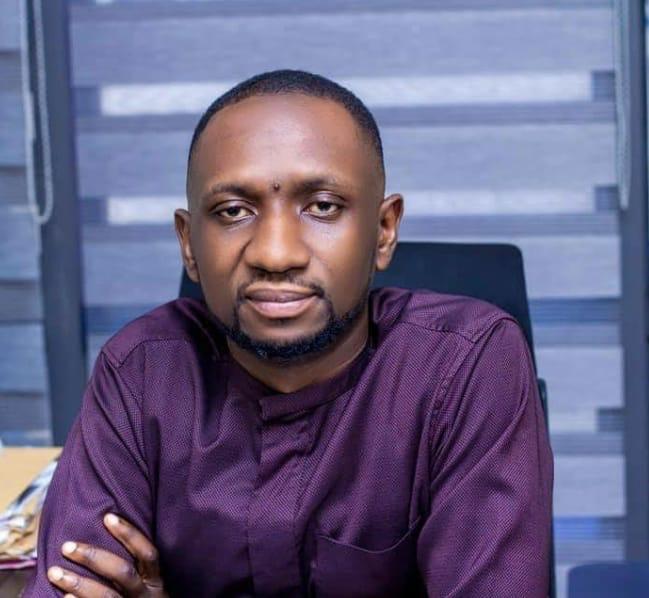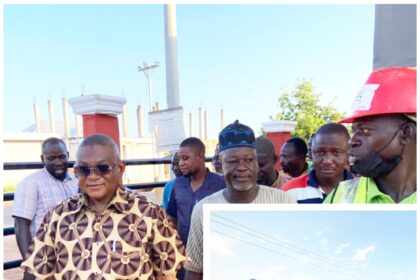By: Baba Mohammed Issahaq you
Former Chief Executive of the National Entrepreneurship and Innovation Programme (NEIP), Mr Kofi Ofosu Nkansah, has disputed claims that the new vehicle numbering system being introduced by the Driver and Vehicle Licensing Authority (DVLA) is a fresh innovation of the current administration.
In a statement, Mr. Nkansah explained that the project was first conceived and developed under the Akufo-Addo government during the tenure of former DVLA Chief Executive, Mr. Kwasi Agyeman Busia.
The new system replaces the year of registration with two letters as a suffix such as GR 1234-TX instead of GR 1234 25. Mr. Nkansah said the design was completed years ago and approved by the Minister for Transport, Kwaku Ofori Asiamah.
He noted that while the DVLA was ready to roll out the reform, amendments to the Road Traffic Regulations, 2012 (LI 2180), were required. In 2019, the Minister for Transport constituted a committee with representation from the Police MTTD, the National Road Safety Authority, the Ambulance Service, and other agencies to review the regulations.
After four years of consultations, the Attorney General’s office cleared the amendments, which were subsequently laid before Parliament in July 2024. However, public controversy over provisions relating to the use of sirens led to the withdrawal of the Legislative Instrument, causing delays.
Mr. Nkansah further revealed that new securitised number plates were procured in 2021 to support the rollout. He added that preparations were also made for the introduction of a third license plate a retro-reflective, RFID-enabled sticker designed to enhance vehicle security. That initiative, he explained, was also delayed due to the pending passage of the Fees and Charges Act.
The former NEIP boss, therefore, accused the current DVLA Chief Executive, Julius Neequaye Kotey, of attempting to take credit for reforms that had already been developed and prepared for implementation.
He urged the new management of the DVLA to acknowledge the foundation laid by their predecessors and focus on building upon existing progress. According to Mr. Nkansah, the DVLA is a critical national institution and must not be turned into, in his words, “a political playground.”


